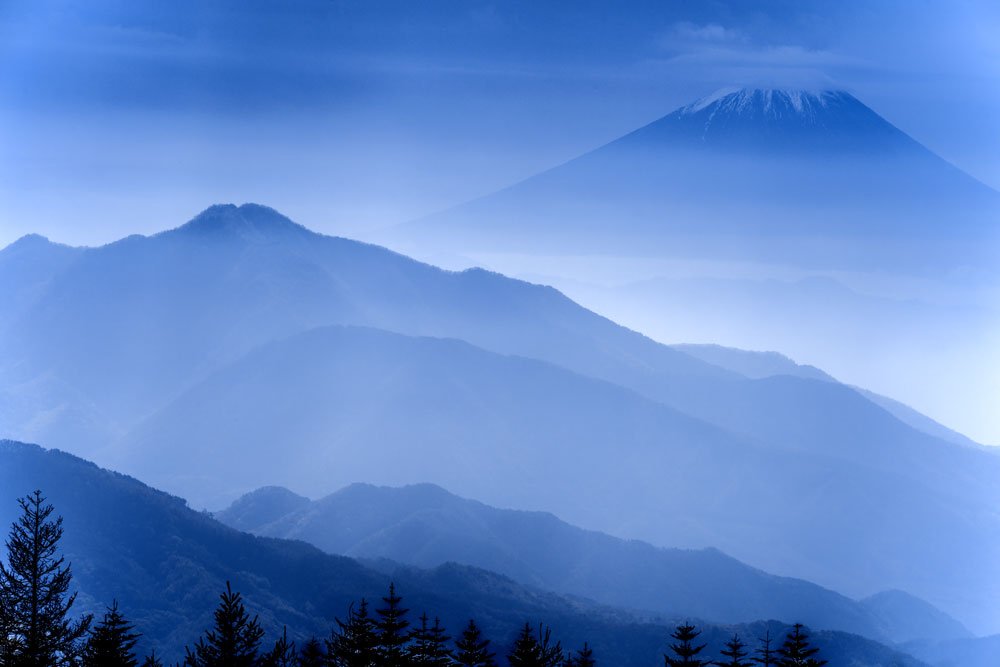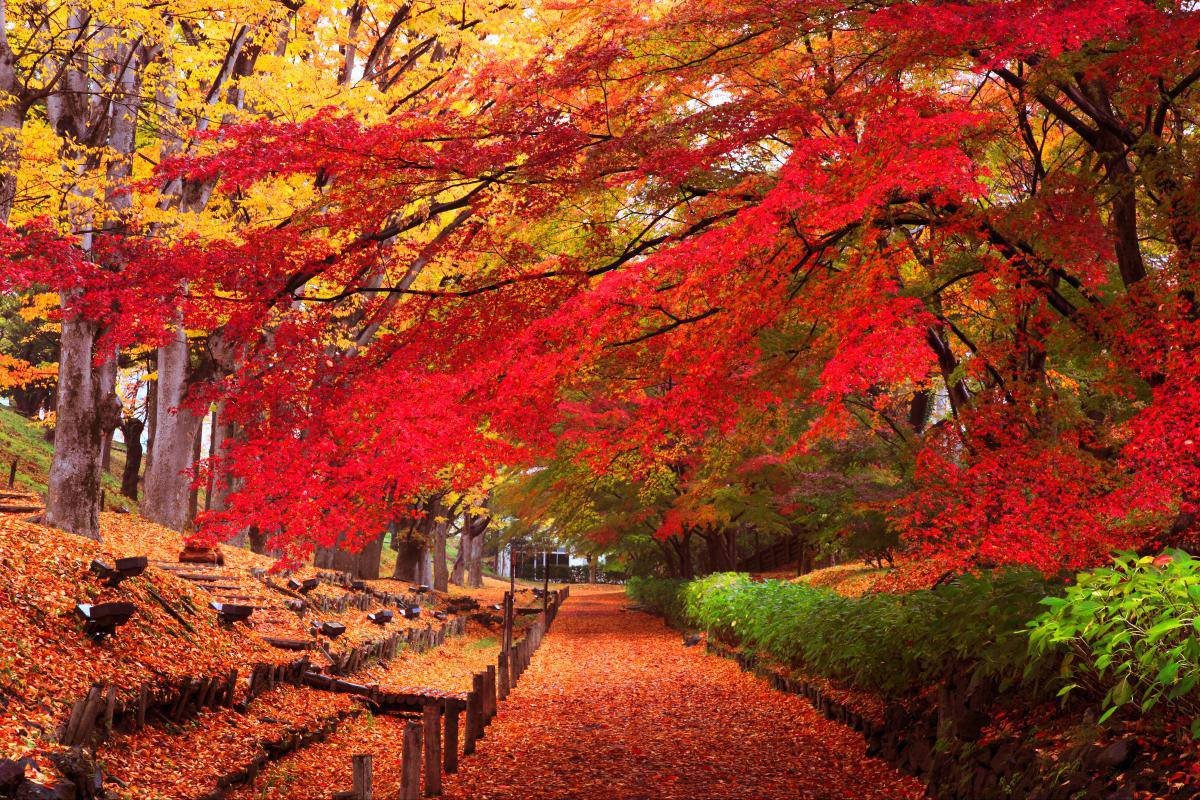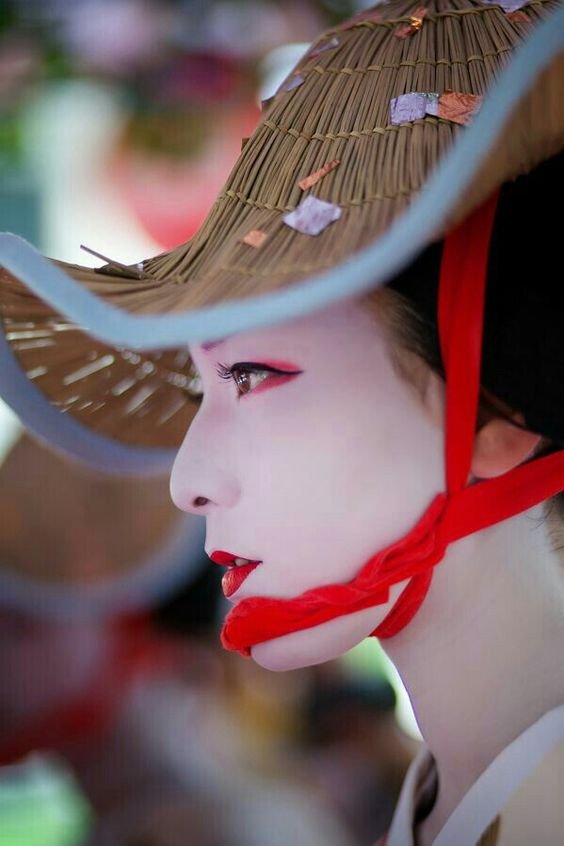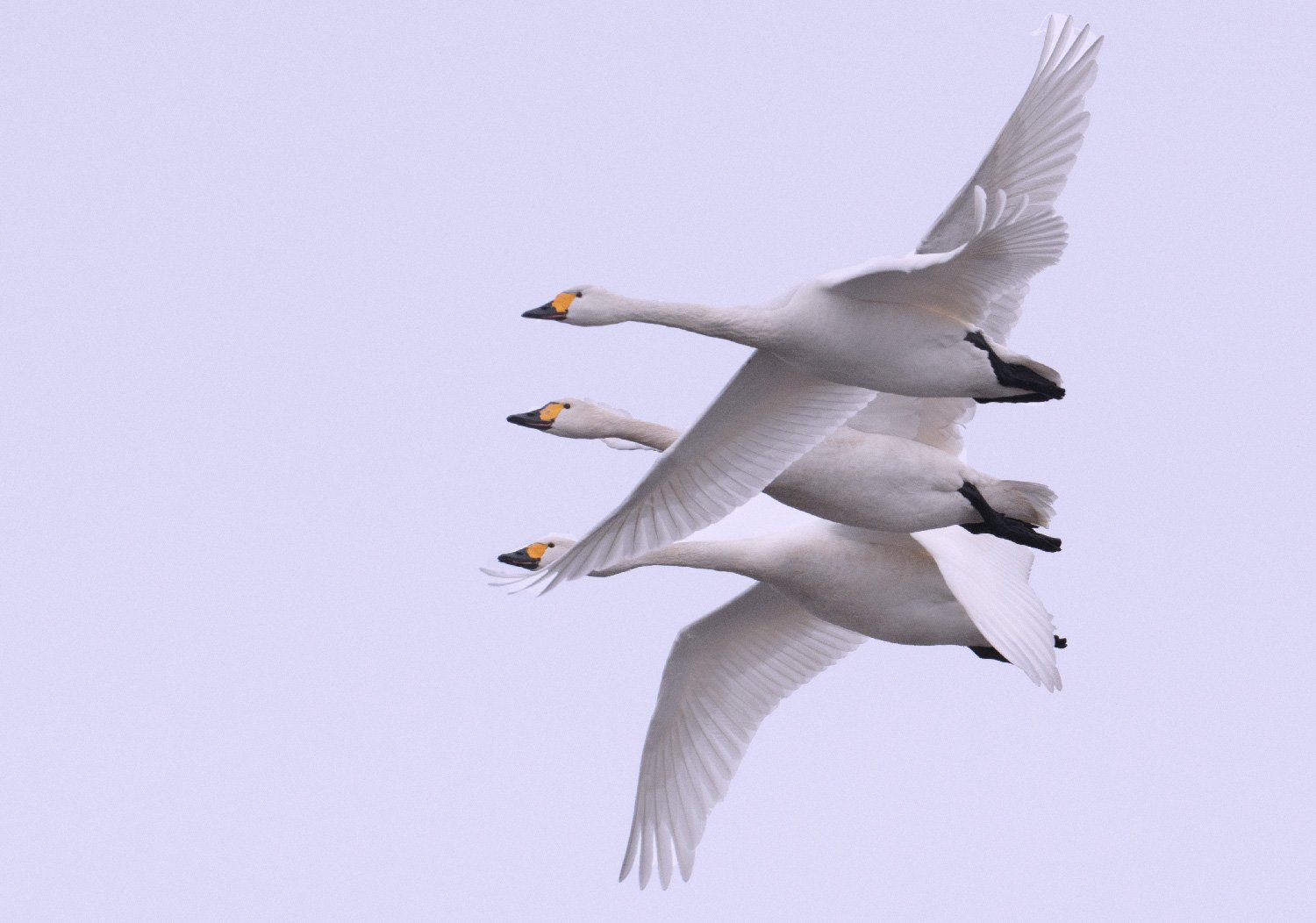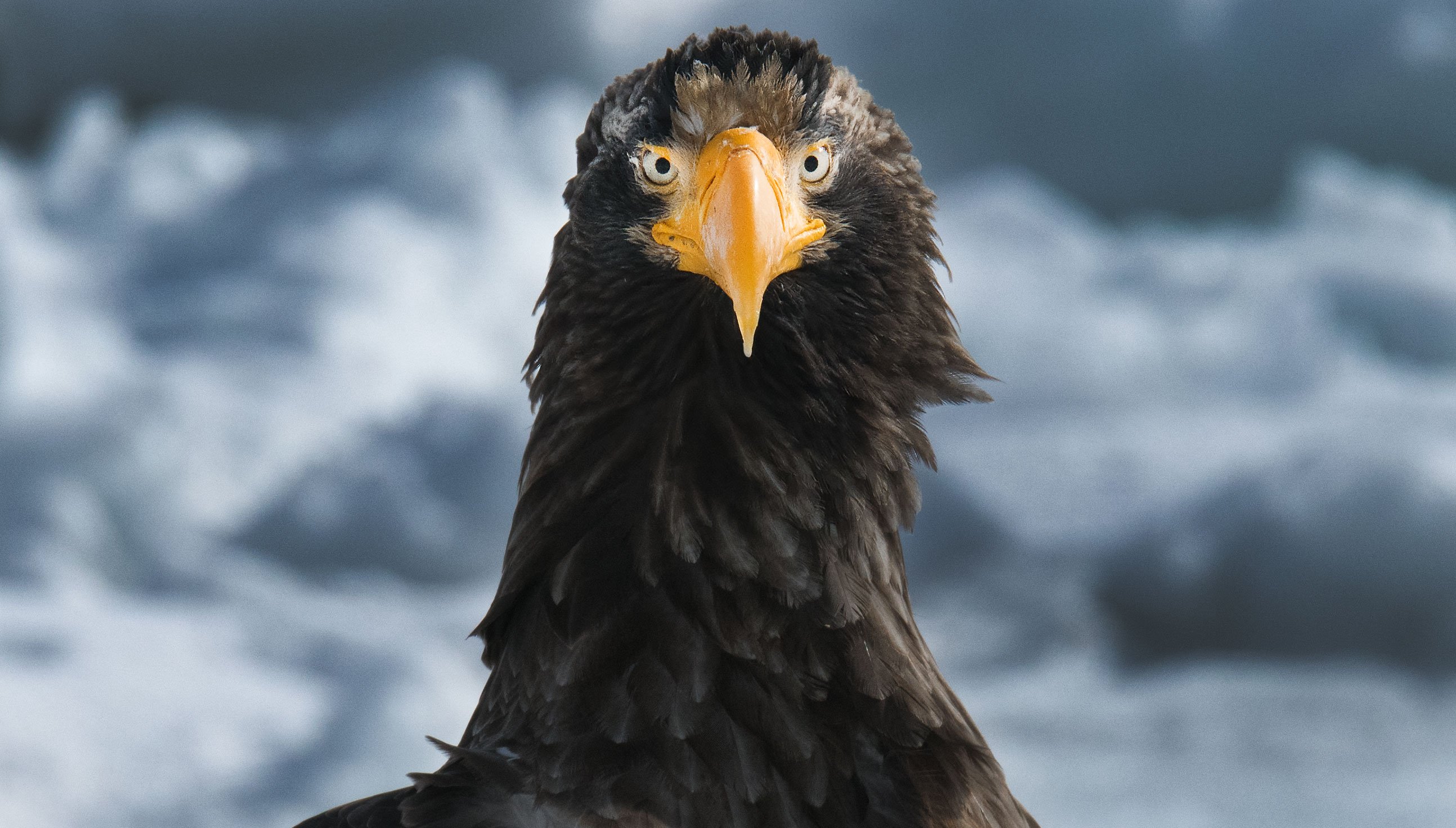
Tokyo & Yokohama Cherry Blossom Photography Tour - March 23, 24, & 25, 2021
This tour will also be offered for 2022. Contact Japan Dreamscapes to pre-book your spot or be put on the waitlist for 2021.
Tour Highlights:
- Tokyo and Yokohama's famous Cherry Blossom Viewing Areas
- Ueno Park
- Sumida Park
- Senso-ji Temple
- Rikugien Gardens' Weeping Sakura Trees
- Minato-mirai Sakura-dori
- Ookagawa River
- Sankeien Gardens
- Negishi Forest Park
- Motomachi Park
- Yamashita Park
- Tokyo Street Photography
- Tokyo Sky Tree
- Tokyo Skyline
- Mt. Fuji viewing potential
Day 1 - March 23, Tuesday
Meet at and greet at Tokyo Station at 10 am (specific destination will be sent after officially joining the photo tour). The tour immediately begins with some of the most breathtaking cherry blossoms in all of Japan. Nestled between the famous Tsukiji Fish Market and the world renowned Ginza neighborhood of Tokyo is Hamarikyu Gardens. The park has a highly concentrated amount of sakura trees which are accented by several large ponds and a salt water moat. This photo op will set the tone for the remarkable cherry blossom photos you will be taking over the next four days.
The next stop will be Ueno Park. Some people consider Ueno Park to be the premiere cherry blossom viewing area in all of Japan. The park has been popular since the 16th century for cherry blossom viewing, and the sakura trees are meticulously groomed and ready for viewing. Some of the park grounds have cherry blossoms so densely blossoming that the sky turns from azure to a brilliant pink with all the blossoms fluttering in the mild winds of spring. The park has nearly 1,000 trees in more than 500,000 square meters of protected park land, so there will be ample photo ops for you, but the day only begins there.
After a quick transfer, Sumida Park is the next location for cherry blossom viewing on the photo tour. Sumida is well-known for summer fireworks display, but the cherry blossoms offer a much different perspective than that of Ueno. Sumida’s sakura tend to be a slightly lighter shade of pink. Several views of the cherry blossoms have the Tokyo Sky Tree positioned right behind them, so you will be able to have two of Japan’s iconic images forever added to your photography memories. Sumida Park also hosts a Tokyo Bay River Cruise which will allow you the opportunity to see a panoramic view of the entire park’s cherry blossoms.
Senso-ji Temple is just across the bay from Sumida Park and has several cherry blossoms trees gracing the temple grounds. The lingering fragrance of incense, the periodic ringing of the temple’s bell, the delicious aroma of Japanese delicacies being prepared, and the flutter of cherry blossoms petals as the final piece of the Senso-ji Temple beauty puzzle. A brief and meaningful stroll through the temple grounds will leave you feeling refreshed and prepared for the next spectacular cherry blossom viewing.
Rikugien Gardens is a must when joining a Cherry Blossom Photo Workshop in Tokyo. The park was originally built in 1700s by the order of the 5th Shogun, Tsunayoshi Tokugawa. The park is dedicated to a very specific type of cherry blossoms, the weeping variety. The weeping Japanese cherry blossom tress has become synonymous with Rikugien Gardens, and some trees reach a towering 15 meters in height. In Japanese, the trees are called shibazakura, and they are especially spectacular in the blue hour as they are lit up in the park. The park is open late just for photographers and other awestruck visitors can enjoy the weeping cherry blossoms well into the evening. Once the sun sets, and the natural light fades, the weeping cherry blossom trees are light up to help you take beautiful evening images of the sakura.
During the evening, we will visit the infamous Shibuya Pedestrian Crossing, the world's busiest criss-cross intersection. The modern Japanese corporate samurai keeps long hours, so even much later than 5pm, the intersection will remain abustle with warriors methodically returning home. After photographing the organized chaos that is Shibuya’s Pedestrian Crossing, we turn to a more tranquil subject, the Tokyo Skyline by night. We will ascend to one of the highest observation decks to photograph The Tokyo Sky Tree, The Tokyo Tower, and the city skyline. If the visibility is clear, you will view Mt. Fuji as the backdrop of the Tokyo Skyline, and it's awe-inspiring to photograph.
After taking your last photo of the day, we will all check into our lodgings and prepare for one more day in Tokyo with the famous cherry blossoms.
Day 2 - March 24, Wednesday
Minato-Mirai’s famous ‘Sakura-dori’ or Cherry Blossom Road is the first stop for the second day chasing the perfect sakura. And on the long leisurely walk, you will have numerous opportunities to capture the cherry blossoms with the cityscapes of Yokohama and its port in the background for wide photos. If you prefer close up macro photos, then you can find different varieties of cherry blossoms to suit your photographic preference. Sakura-dori was constructed with photographers in mind as there are many viewing spots that present the opportunity to capture that once in a lifetime cherry blossom photo.
A few short kilometers away is the Ookagawa River. This location offers a similar experience to the Meguro River cherry blossom experience before. There are hundreds of sakura trees lining the riverside, and they extend so far that it almost appears as if they are a tunnel of sakura for your enjoyment. No matter where you point your camera, you will see the brilliant, lustrous blossoms ready to be photographed. If you prefer to be amidst the blossoms on an ‘Ohanami’ or Cherry Blossom Viewing Cruise, that is another perspective and experience you can enjoy on this Cherry Blossom Viewing Tour.
Sankeien Garden is separated from the other two Yokohama locations, but JDS has saved the most traditional location for last. Sankeien Garden is most spectacular destination for cherry blossoms due to the historical buildings that call the garden their home. During the blue hour, you may see the reflection of the natural, pink perfection of the cherry blossoms in the pond at the center of the garden. With the buildings behind the sakura as your photographic frame, you will have pictures and memories of your Japan Cherry Blossom Tour that will last forever. As a parting treat, you could enjoy the flavorful sakura ice cream for one last sweet impression of your time photographing Japan’s iconic bloom.
Day 3 - March 25, Thursday
Cherry Blossoms have been described as clouds because of the soft blossoms that appear in large groups all at once. However, at the first location of the second day for your Cherry Blossom Photo Tour, you will witness evidence with your own eyes and camera that cherry blossoms can also imitate the form of a snow capped mountain peak. Negishi Forest Park was formerly the first full horse race course in Japan, so the park’s area is expansive. You will able to enjoy shooting the sakura from several different angles, even walking into the sakura forest and taking some amazing macro photos as you climb the sakura peak that is Negishi Forest Park’s cherry blossoms.
Motomachi Park has something for every type of photographer when it comes to cherry blossom photo tours. The park itself is tucked away in central Yokohama, many local residents make the park a resting place on their return from shopping. Being close to downtown, the background of the sakura’s natural beauty is contrasted by the shiny metal of skyscrapers and Yokohama’s cityscape. Another feature that sets Motomachi Park apart for Cherry Blossom Photo Tours is the amount of Meiji period western buildings. You may forget what time period you’re visiting Japan. Your Japan Dreamscapes Photography Workshop Leader has a few specific locations that the locals also enjoy that he will recommend for you as you explore the park grounds. And, although, not part of the park, Christ Church is right across the street and makes for an awe-inspiring background with it’s more than 100 year old tower.
Before reaching the next park, it will be the perfect time of the day to investigate one of Yokohama’s perennially popular locations, Chinatown. Yokohama’s Chinatown is the largest settlement of its kind in not only Japan but all of Asia. It has its humble beginnings in 1859 with the first settlers coming for trade and eventually setting down permanent roots. One feature that you will be thankful for is the delicious food. If you enjoy Spicy Beef with Rice, Dim Sum, Pork Buns, or Tapioca Milk Tea, Yokohama’s Chinatown has something that you can devour and satiate your appetite for food and food photography.
Once you have eaten your fill, Yamashita Park awaits. Yamashita Park combines the elegance of cherry blossoms with the serenity of the sea. It is famous annually for the amount of superb photography that is generated within the park grounds, and you can join this fraternity by taking your own amazing photographs. The park also hold flowers that reflect the changing seasons in Japan, so you will be able to enjoy them as well as you tour the park. As Yokohama is famous for its maritime appeals, you may employ the NYK Hikawa Maru as an ocean liner backdrop for some of your photos. At the correct angle, the sakura will look as if they have been sketched onto the bow of the ship. Another piece of remarkable scenery is the Yokohama Marin Tower which yet one more frame you can place around your cherry blossom photos. You will definitely have the Cherry Blossom Photography Tour of a lifetime.
Your JDS photography workshop leader will either drop you off at Yokohama or Tokyo Station, depending on your preference, and we will look forward to our next photography adventure.
Why Choose This Photography Tour/Workshop?
- All levels of photographers are welcome.
- Any type of camera is welcome: digital, pocket camera, scoping with an iPhone, large format, and others.
- Professional Photo Instruction available when requested (included in tour cost).
- Opportunity to photograph cultural and architectural masterpieces.
- Activity level varying from leisurely to moderate.
- Provided transportation: Sports Utility Vehicle with Business Class Seating.
- Small group size (minimum two people; maximum eight) means quality, in-depth time with your workshop leader.
- All questions are welcome and encouraged throughout your JDS adventure!
- During each morning and evening meal, your JDS photo workshop leader will discuss with you and the group the best shooting options with weather conditions in mind so each tour member will be well prepared to take spectacular photos.
- No precious moments are wasted in needless seminars
- 2020 is the 23rd year that your workshop photography instructor has lead workshops & tours throughout Japan.
Tour Cost: ¥248,000 (Approximately USD $2250) Per person (based on double occupancy) in 3 - 5 star accommodations with western style toiletries, and all breakfasts and dinners included. All group ground transportation will be in sports utility vehicles with business class seating. All entrance fees and all donations at temples and shrines are included in tour cost. Also included is professional photography instruction as well as a detailed itinerary with clothing and gear recommendations.
Single Supplement: ¥44,000 (Approximately USD $400)

